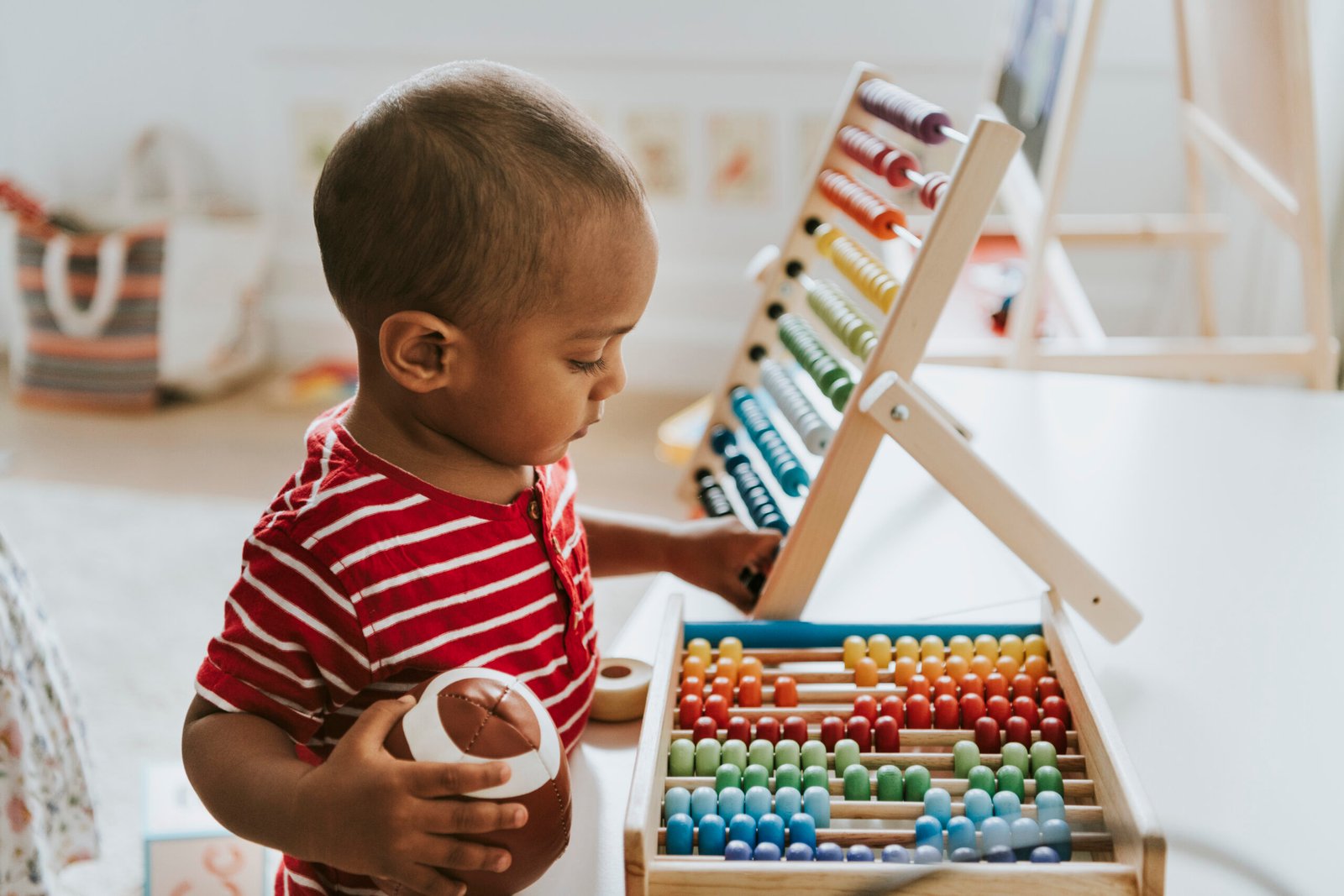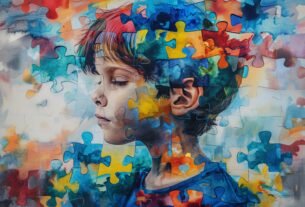As parents, we all want the best for our toddlers, especially when it comes to their growth and development. But did you know that the best way to boost your little one’s cognitive skills may be as simple as playing? Yep, you read that right! Playtime isn’t just about fun—it’s a powerful tool for shaping your toddler’s brain.
CHECK OUT THESE FUN TODDLER FINDS
So, if you’ve ever wondered how to make playtime more meaningful (without turning into a full-time teacher), you’re in the right place. In this article, we’ll cover six fun and easy games that not only engage your child but also give their cognitive development the boost it needs.
Why Does Play Matter for Cognitive Growth?
You might be thinking, “Does my toddler really need all this structured playtime to grow?” Absolutely! Research shows that toddlers learn best through play. It helps them solve problems, develop language skills, and even build memory. And the best part? The games we’re about to share don’t require fancy equipment or hours of your day—just a few moments of your time and a lot of giggles.
But before we dive in, let’s address a common concern: “I’m not a child development expert. What if I don’t do it right?” Relax. Play doesn’t need to be complicated to be effective. In fact, the simpler, the better!
CHECK OUT THESE FUN BOOKS FOR YOUR LITTLE ONE
1. Peekaboo: Building Object Permanence
Peekaboo may seem like a basic game, but it’s packed with learning power. When you hide behind your hands and reappear, your toddler is learning object permanence—the concept that things still exist even when they can’t be seen.
How to Play: Hide your face behind your hands or a blanket, and then pop back into view with a big smile. Your toddler will love it, and they’ll also start to grasp that objects (and people) don’t just disappear.
Why It Matters: Understanding object permanence is one of the first steps in cognitive development. It lays the foundation for memory and problem-solving skills.
2. Sorting Games: Developing Problem-Solving Skills
Toddlers love sorting, whether it’s by color, shape, or size. It’s a great way to encourage critical thinking and problem-solving skills.
How to Play: Use everyday objects like blocks or even kitchen items. Ask your child to sort them by different categories—like all the red blocks or all the spoons. Start simple, then add complexity as they get the hang of it.
Why It Matters: Sorting helps toddlers organize information and improve focus—two key skills they’ll use throughout life.
3. Simon Says: Enhancing Listening and Memory
Who doesn’t love a game of Simon Says? It’s not just about copying actions; it helps toddlers improve their listening skills and memory, especially when they need to remember which commands to follow.
How to Play: Start with easy commands like “Simon says touch your nose” and gradually make them more challenging. Don’t forget the key rule: only follow the command if “Simon says!”
Why It Matters: This game boosts cognitive growth by encouraging focus and improving short-term memory. Plus, it teaches kids to follow instructions, an essential skill for school readiness.
TODDLER GAMES DEVELOPED BY EDUCATORS
4. Puzzles: Boosting Spatial Awareness and Critical Thinking
Puzzles are fantastic for developing spatial awareness and critical thinking. They teach toddlers how to recognize patterns, improve their hand-eye coordination, and encourage them to solve problems independently.
How to Play: Start with simple puzzles, such as ones with big, chunky pieces that fit into specific spaces. Encourage your toddler to try out different pieces and celebrate their success when they get it right!
Why It Matters: Puzzles challenge your child to think critically and problem-solve, all while improving their patience and persistence.
5. Storytelling: Developing Language and Imagination
It’s never too early to tell stories! Even simple stories with a few characters help stimulate your toddler’s imagination and develop language skills. Storytime is a perfect opportunity to introduce new words and concepts in a fun, engaging way.
How to Play: You can read books, but don’t stop there—make up your own stories! Include your toddler in the narrative, using their toys as characters to keep them engaged.
Why It Matters: Storytelling enhances cognitive development by building language, memory, and creativity. Plus, it’s a bonding experience that makes learning feel magical.
6. Pretend Play: Encouraging Social and Emotional Growth
Toddlers love pretending to be someone else, whether it’s playing house, being a doctor, or imitating animals. Pretend play fosters creativity and helps toddlers understand emotions, relationships, and social cues.
How to Play: Let your child lead the way, whether it’s serving you “tea” in their pretend kitchen or taking care of a stuffed animal. Ask open-ended questions like, “What’s happening next?” to encourage deeper thinking.
Why It Matters: Pretend play boosts cognitive growth by encouraging empathy, problem-solving, and language development, all while helping toddlers understand the world around them.
Objection Handling: “Isn’t This Just Regular Play?”
You might be thinking, “This just sounds like regular play. Is it really making a difference?” The answer is yes! The key lies in the intention behind the games. By focusing on these six activities, you’re turning everyday play into meaningful learning opportunities that directly enhance your toddler’s cognitive growth.
Open Loop: Want to take these games to the next level? Stay tuned for our upcoming article on how to adjust these activities as your toddler grows into a preschooler, with even more exciting ways to foster their development!
CHECK OUT THESE PUZZLES FOR TODDLERS
Conclusion: Play with Purpose
Play is more than just fun—it’s the foundation for your toddler’s cognitive development. By incorporating these six simple games into your routine, you’re not only making memories but also giving your child the tools they need for lifelong learning. So, grab those toys, get down on the floor, and watch your toddler’s brain grow as they play!
Remember, it’s not about being perfect—it’s about being present. Your time and attention during play are the best gifts you can give your child.







